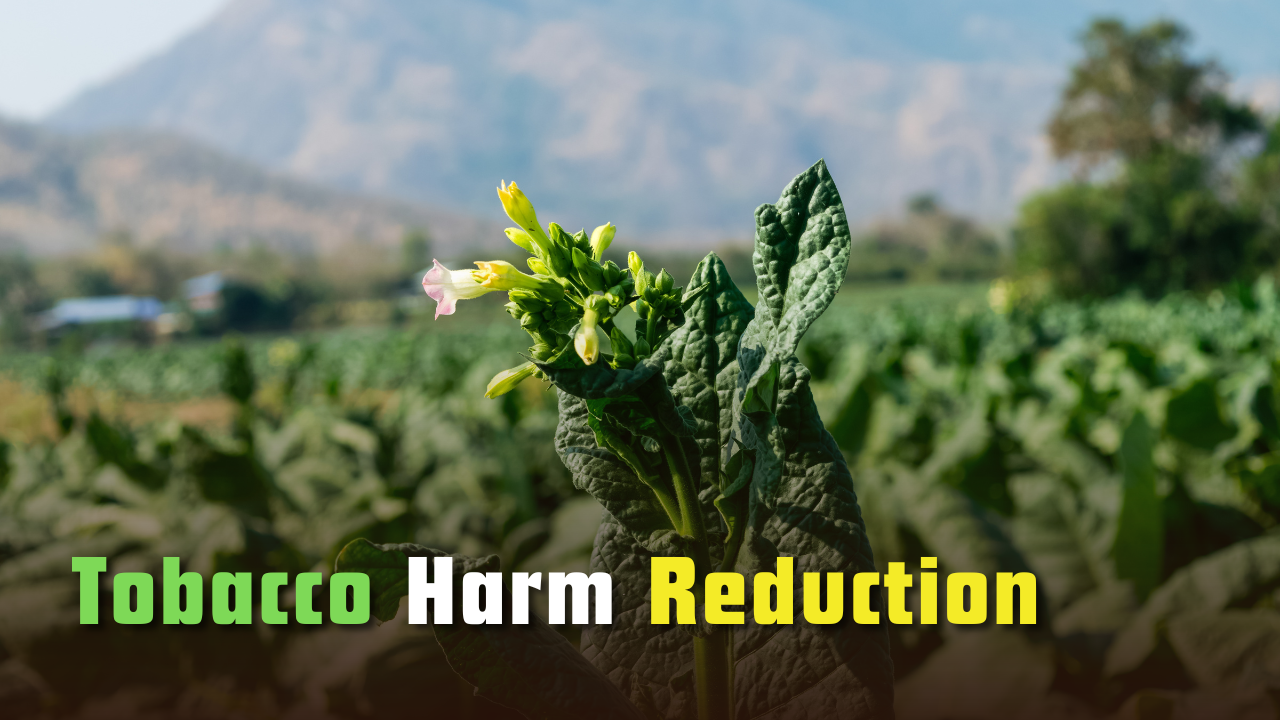Tobacco Harm Reduction
Tobacco Harm Reduction: A Life-Saving Alternative for Nigeria and Kenya
Context: Tobacco Harm Reduction (THR) has emerged as a powerful public health strategy globally, offering a realistic and science-backed path toward a smoke-free future. Recent research suggests that embracing THR products in countries like Nigeria and Kenya could prevent over 600,000 tobacco-related deaths by the year 2060. However, despite the significant potential benefits, both governments and healthcare systems in these countries remain hesitant, and uptake among smokers is limited.
This issue has relevance not only for public health officials and policymakers but also for those preparing for competitive exams like UPSC, where topics related to international health interventions, tobacco harm, and government policy often appear in GS Paper 2 and Paper 3.
The Tobacco Epidemic in Nigeria and Kenya
Tobacco use remains a critical health concern in both Nigeria and Kenya.
- Nigeria loses an estimated 26,851 people annually to tobacco-related illnesses.
- Kenya faces around 12,000 such deaths each year.
- Smoking is a key risk factor for several non-communicable diseases such as:
- Ischaemic heart disease
- Stroke
- Tuberculosis
- Lung cancer
The World Health Organization (WHO) projects a decline in smoking prevalence:
- In Kenya: From 20.5% in 2000 to 8.6% by 2025.
- In Nigeria: From 9.4% in 2000 to 2.6% by 2025.
While these numbers are promising, the death toll remains high due to the long-term health impacts of earlier smoking patterns and lack of effective cessation strategies.
Tobacco Harm Reduction (THR) Products: What Are They?
THR products offer a safer way to consume nicotine without the harmful tar and chemicals found in combustible tobacco products. These include:
- E-cigarettes
- Vapes
- Heated tobacco products
- Oral nicotine pouches
- Snus
- E-shisha
Unlike traditional cigarettes, THR products work by heating nicotine-based substances rather than burning them—thereby drastically reducing exposure to harmful toxins.
Global Success Stories
Countries like Sweden, the UK, the US, and Japan have embraced THR products as part of their public health strategy.
- Sweden has one of the lowest smoking rates in the EU, largely thanks to widespread use of snus.
- In the UK, THR is actively promoted by public health agencies.
- Japan saw a substantial drop in cigarette sales following the introduction of heated tobacco products.
These global examples offer a blueprint for developing nations seeking to reduce smoking-related mortality.
THR’s Potential Impact in Africa
If Nigeria and Kenya adopt THR at scale:
- Nigeria could save 416,000 lives by 2060.
- Kenya could save 184,000 lives in the same period.
- Annual tobacco-related deaths could fall to:
- 7,600 in Nigeria
- 3,400 in Kenya
This proves that THR isn’t just a niche health innovation—it’s a life-saving intervention.
Barriers to THR Adoption
Despite the benefits, uptake remains low due to multiple challenges:
- Policy Gaps: Kenya’s proposed Tobacco Control (Amendment) Bill, 2024 aims to regulate THR but may inadvertently create barriers through strict regulation.
- Awareness Deficit: Many healthcare professionals are not adequately trained or informed about the relative safety of THR products.
- Access and Pricing: In both countries, THR products are often not affordable or easily available to low-income users.
- Stigma and Misinformation: There’s confusion between smoking and nicotine use, which hinders rational public dialogue.
The Way Forward: Recommendations
To reduce smoking-related deaths and support a healthier future, governments should:
- Promote multi-stakeholder collaboration: Involving ministries, medical institutions, and civil society.
- Ensure affordability and accessibility of THR products.
- Invest in localized research to build policy trust and adaptation.
- Strengthen smoking cessation programs, diagnostics, and early treatment for lung diseases.
Launch public awareness campaigns to remove stigma and myths surrounding THR.
Subscribe to our Youtube Channel for more Valuable Content – TheStudyias
Download the App to Subscribe to our Courses – Thestudyias
The Source’s Authority and Ownership of the Article is Claimed By THE STUDY IAS BY MANIKANT

